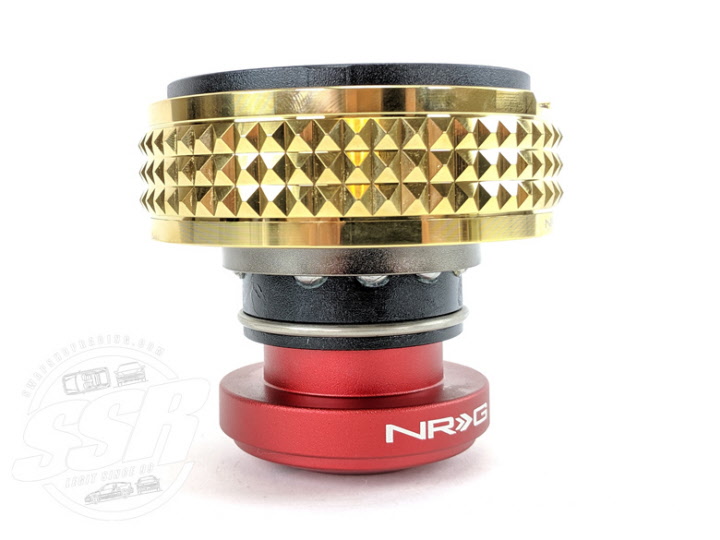

In this paper, the focus is on the application of the non-abelian framework within the NRG. The unifying tensor-representation for quantum symmetry spaces, dubbed QSpace, is particularly suitable to deal with standard renormalization group algorithms such as the numerical renormalization group (NRG), the density matrix renormalization group (DMRG), or also more general tensor networks such as the multi-scale entanglement renormalization ansatz (MERA). The two crucial ingredients, the Clebsch-Gordan algebra for multiplet spaces as well as the Wigner-Eckart theorem for operators, are accounted for in a natural, well-organized, and computationally straightforward way. Finally, we use this characterization and concircular tensors (a special type of torsionless conformal Killing tensor) to develop a general algorithm to determine when a natural Hamiltonian is separable in a special class of separable coordinates which include all orthogonal separable coordinates in spaces of constant curvature.A general framework for non-abelian symmetries is presented for matrix-product and tensor-network states in the presence of well-defined orthonormal local as well as effective basis sets. Next we characterize when a natural Hamiltonian is separable in coordinates decomposable in a warped product by showing that the conditions originally given by Benenti can be reduced.

This result in combination with Benenti's theory for constructing the KS-space of certain special separable coordinates can be used to obtain more » the KS-space for all orthogonal separable coordinates found by Kalnins and Miller in Riemannian spaces of constant curvature. We then apply this result to show how one can obtain the Killing-Stäckel space (KS-space) for separable coordinate systems decomposable in warped products. We first characterize Killing tensors which have a natural algebraic decomposition in warped products. This work is motivated primarily by the case of spaces of constant curvature where warped products are abundant. We study Killing tensors in the context of warped products and apply the results to the problem of orthogonal separation of the Hamilton-Jacobi equation. The same system is analyzed using several alternative symmetry scenarios based on combinations of U(1) « less A detailed analysis is presented for a fully screened spin- 3/2 three-channel Anderson impurity model in the presence of conservation of total spin, particle-hole symmetry, and SU(3) channel symmetry. The unifying tensor-representation for quantum symmetry spaces, dubbed QSpace, is particularly suitable to deal with standard renormalization group algorithms such as the numerical renormalization group (NRG), the density matrix renormalization group (DMRG), or also more general tensor networks such as the multi-scale entanglement renormalization ansatz more » (MERA).

A general framework for non-abelian symmetries is presented for matrix-product and tensor-network states in the presence of well-defined orthonormal local as well as effective basis sets.


 0 kommentar(er)
0 kommentar(er)
